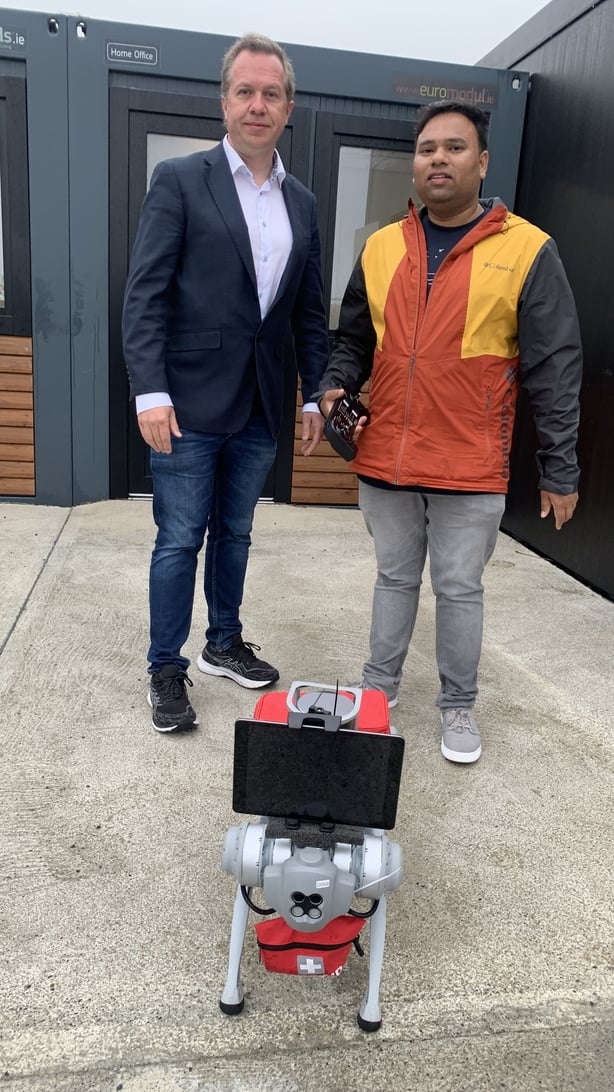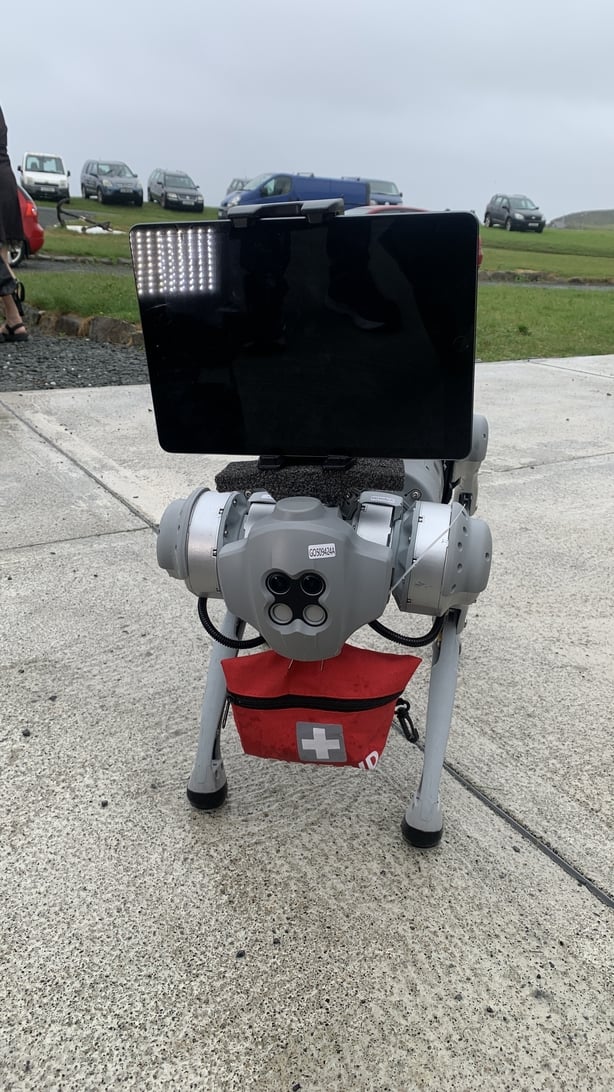Residents on Clare Island are benefiting from a pilot healthcare programme that is using new technologies and enhanced communication techniques to improve patient care.
The Home Health project was devised by the University of Galway and involves a range of agencies working to deliver what is described as a "world class solution" to enhance and develop new ways of accessing routine care.
The initiative started by looking at ways to tackle the distances people living in remote areas have to travel for hospital appointments.
Using high quality video conferencing services, consultations can now be offered remotely.
This means that instead of having to sail to the mainland, drive two hours to Galway and then wait for a ten minute outpatient appointment before returning home, patients can be reviewed from their homes.
As well as eliminating hours of travel time, appointments are streamlined, freeing time for both medics and their patients.

The Remote Patient Monitoring programme on the island has been augmented by an artificial intelligence algorithm that allocates clinic slots, based on data readings for things like blood pressure or blood sugar readings.
Professor Derek O'Keeffe, who is overseeing the project, says this means appointments are provided based on clinical need, rather than on traditional fixed time intervals.
He says the viability of the programme on an offshore location, shows how it could be provided in other parts of the country that are a distance away from hospitals providing outpatient clinics.
Clare Island GP, Dr Noreen Curtis says the virtual care model works alongside existing services and should improve overall care provision for residents.

Dedicated 5G data infrastructure has been installed on the island to ensure there is adequate connectivity for the services.
This is also being used to provide always-on video links between a number of isolated islanders and their families on the mainland, to counter loneliness.
As well as improving access to healthcare, the initiative is trialling drone delivery of medicines and examining the potential of having a robotic dog that can travel around the island, carrying emergency medical supplies.
Prof O’Keeffe said the all-terrain device, named MADRA (Medical Autonomous Droid Remote Assistance), would provide a service similar to St Bernard rescue dogs, by bringing first aid supplies to injured patients in remote locations.






